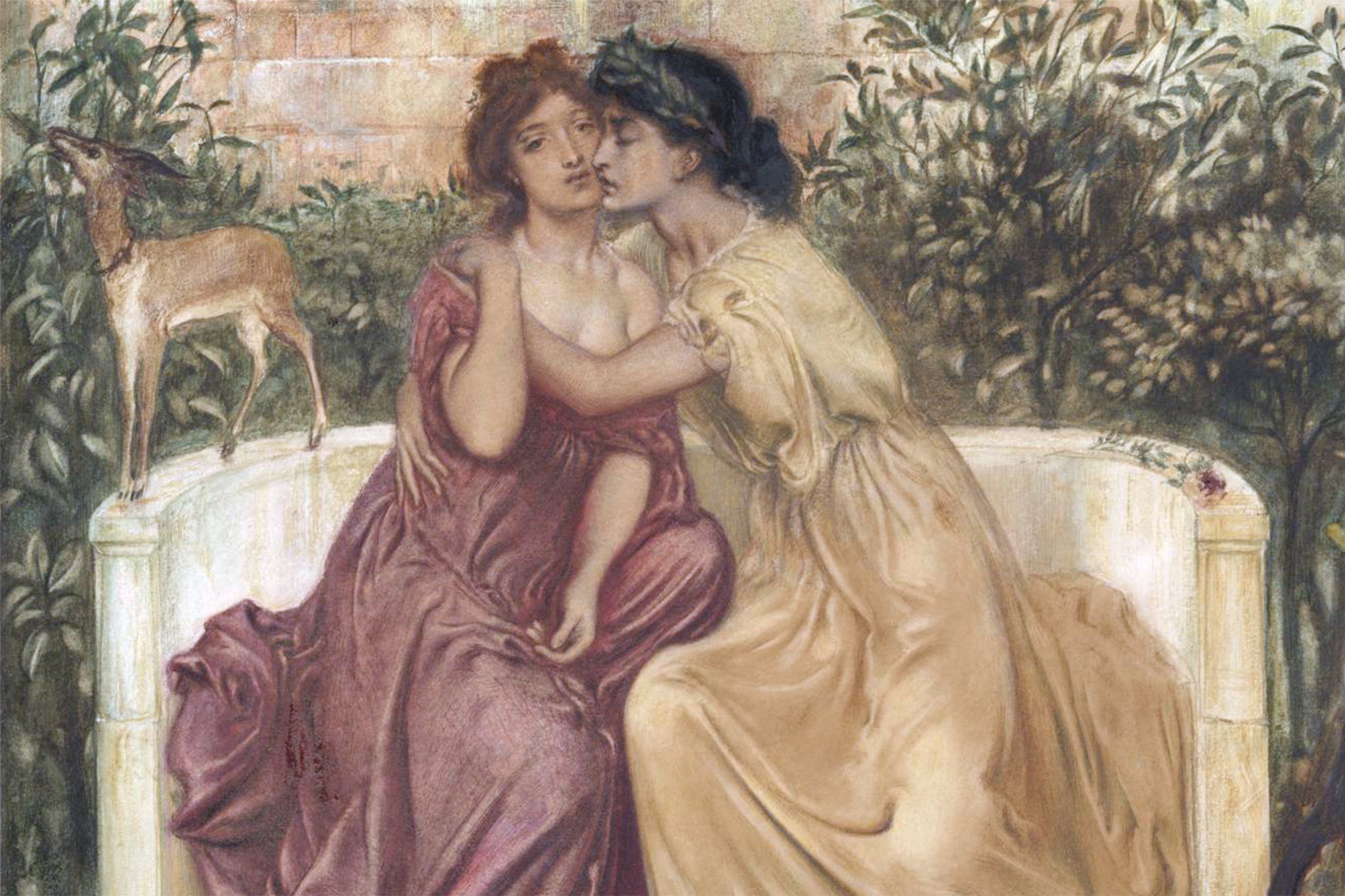The history books are filled with the names of men – it’s time for women to get the credit they deserve
It is a great failing of our times that, while we strive to champion women in modern society, our view of the past continues to be dominated by men, writes Daisy Dunn


How many people from the classical world can you name in 10 seconds? Julius Caesar, perhaps? Alexander the Great, Emperor Claudius, maybe Nero? Homer, Plato, Pericles, or Cicero? Extra points if you said Cleopatra and Boudica. Any other women?
I have studied antiquity for many years but until recently, I would have been as guilty as the next person of reeling off a list like that above. It was only, in fact, while researching my latest book – the first history of the ancient world to be written through women – that I realised just how few female classical names trip off the tongue.
Given another 10 seconds, I might have added Sappho, the great poetess of Lesbos and – as any fan of Robert Graves’s I, Claudius would – Livia, Vipsania and Agrippina, too. The temptation then would be to name Helen of Troy, Clytemnestra, Pandora and Penelope but that would be cheating, for they belong to the realm of myth.
How strange it is that, while mythological women have modern novelists and directors to thank for retelling their stories and keeping them alive, most real women of the ancient world now languish in the shadows.
I am on a mission to change this and make more historical women household names, beginning, in my own period, in antiquity. Why should the ancient world still be synonymous with Alexander and Caesar but not with the likes of Alexander’s mother Olympias and Artemisia, a queen and naval commander, both of whom fought wars, issued tactical advice and were every bit as extraordinary as the “great men” around them?
When we think of the ancient world, we picture the same old suspects at the expense of many of its most extraordinary citizens. Who outside the lecture room today has heard of Telesilla, a poet from Argos in Greece, who defended her city from attack? Or of Cynisca, who became the first female victor in the (male) Olympic Games aged about 50? Or of Locusta, toxicologist at the Roman court, upon whom Nero relied for her unparalleled knowledge of poisons?
When we speak of the Battle of Thermopylae, the subject of Zack Snyder’s box-office hit film 300, the name of Gorgo ought to be uttered in the same breath as that of Leonidas. While the latter achieved fame for leading his crack force of 300 Spartans against the Persian army of Xerxes, Gorgo, his wife, deciphered a message alerting them to the impending Persian onslaught. We should remember Gorgo today as an early codebreaker – not just as the widow of Leonidas.
We can blame the men of antiquity for downplaying the achievements of such women. Many of the historical accounts omit women from the narrative altogether, or else highlight their audacity, notoriety or misbehaviour instead of their bravery and political acumen.
Modern historians, too, have played their part in perpetuating these histories and making them canonical. It is a great failing of our times that, while we strive to champion women in modern society – to mixed results – our view of the past continues to be coloured predominantly by men.
It is high time we plucked the women of history out of obscurity and considered them in the round – and the ancient world is the perfect place to start. May the names of Gorgo, Telesilla, Cornelia and Clodia ring out of your dining rooms this summer. Caesar, Alexander and Hannibal have surely earned a siesta.
Daisy Dunn is an award-winning classicist and author of seven books. Her latest, ‘The Missing Thread: A New History of the Ancient World Through the Women Who Shaped It’, is published by Weidenfeld & Nicolson and available here
Join our commenting forum
Join thought-provoking conversations, follow other Independent readers and see their replies
Comments
Bookmark popover
Removed from bookmarks